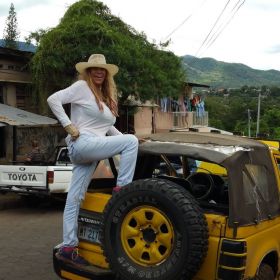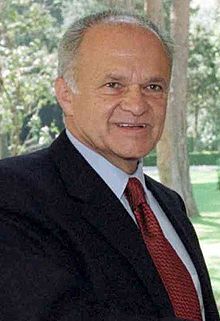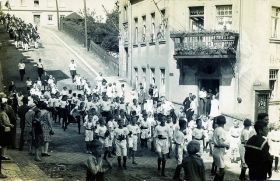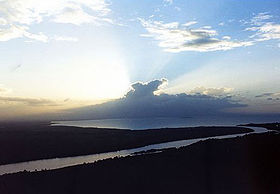
January 2014, I arrived in the early afternoon in Managua airport via United Airlines. After the huge and tedious Houston Airport, the small Nicaraguan airport was a relief. Customs stamped my passport and I paid the $10 fee.
I had reserved a so-called “resort” online for one night in Managua, as well as the Budget car rental. (I am deliberately omitting the name of this hotel for reasons that will become clear soon. I will say, however,...
Read More
My name is Giselle and I have been a runaway for 12 years.
Well...at least according to some of my stateside friends.
It all started innocently enough (as most adventures are want to do): My husband and I had begun to contemplate our retirement options. We were living in Florida at the time. He was a doctor and I was a Real Estate Agent. We talked up a storm about places we would like to see and destinations that would be good fun to wake up in. Of...
Read More
On a windy day in February three of us ladies drove the hour and forty-five minute scenic route to Boca Chica. Bright as a blue umbrella the sky above us was a vivid blue. Strong winds pushed us down the narrow, two-lane road toward the Pan America Highway. it was definitely time for the A/C in the car! We chatted and laughed all along the way. Donna was making the trip to spruce up and change out her jewelry display at the Seagull Cove Lodge gift shop....
Read More
 January 2014, I arrived in the early afternoon in Managua airport via United Airlines. After the huge and tedious Houston Airport, the small Nicaraguan airport was a relief. Customs stamped my passport and I paid the $10 fee.
January 2014, I arrived in the early afternoon in Managua airport via United Airlines. After the huge and tedious Houston Airport, the small Nicaraguan airport was a relief. Customs stamped my passport and I paid the $10 fee. 


 I have to point out that I am not a CPA or an American, but I have certainly heard enough about this from what I have read and from Americans who I have met and who have experienced this first-hand. The bottom line is that, unlike Canadians, Americans are taxed on global income no matter what their residency status.
I have to point out that I am not a CPA or an American, but I have certainly heard enough about this from what I have read and from Americans who I have met and who have experienced this first-hand. The bottom line is that, unlike Canadians, Americans are taxed on global income no matter what their residency status.  The cost to rent a home in Portugal depends on several things such as the size of the property, whether it is furnished or not, whether it has a pool or not, and whether it is with a garage or without. It is really relative.
The cost to rent a home in Portugal depends on several things such as the size of the property, whether it is furnished or not, whether it has a pool or not, and whether it is with a garage or without. It is really relative. Expats are welcome in Panama. Expats are generally treated with respect and treated well. The US and Panama have a long lasting relationship due to the US military presence in the Panama Canal. I consider Panama to be one of the more Americanized countries in the Western Hemisphere.
Expats are welcome in Panama. Expats are generally treated with respect and treated well. The US and Panama have a long lasting relationship due to the US military presence in the Panama Canal. I consider Panama to be one of the more Americanized countries in the Western Hemisphere. There are places in Nicaragua like the little lakes where you can go kayaking and canoeing. There is a little island in the Pacific called Apoyo, located between Masaya and Granada where you will find new restaurants that are owned by foreigners that offer kayaking. You can go to the restaurant and rent a kayak for the whole day to go around the lake.
There are places in Nicaragua like the little lakes where you can go kayaking and canoeing. There is a little island in the Pacific called Apoyo, located between Masaya and Granada where you will find new restaurants that are owned by foreigners that offer kayaking. You can go to the restaurant and rent a kayak for the whole day to go around the lake.